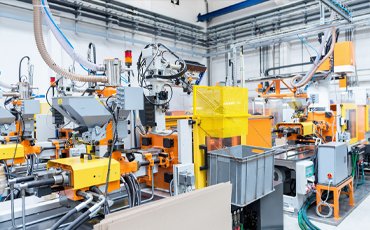Environmental Policy
Sustainable Resource Use: We are committed to minimizing the amount of waste by using natural resources efficiently and sustainably.
Waste Management: We make continuous improvement efforts to reduce waste generation, encourage recycling and dispose of waste appropriately.
Energy Efficiency: We invest in technological innovations to increase energy efficiency in our production processes and train our employees on this subject.
Managing Environmental Risks: We evaluate environmental risks, take precautions and develop emergency plans.
Recycling refers to the process of reusing or reprocessing plastics into new products. This process has many benefits:
Preservation of Natural Resources: Recycling prevents the depletion of natural resources by reusing plastic raw materials. This helps preserve forests, oil and other natural resources.
Energy Savings: Recycling plastics generally requires less energy than producing new plastic. This reduces the use of fossil fuels and lowers greenhouse gas emissions.
Reducing the Amount of Waste: Recycling plastics helps reduce the amount of waste in landfills and the environment. This slows down the emptying of landfills and reduces environmental pollution.
Economic Benefits: The recycling industry creates new job opportunities and contributes to economic growth. Recycling operations generate income by selling recycled materials.
Promoting Reuse: Recycling plastics encourages the reuse of plastic waste instead of throwing it away. This helps extend the life of plastic products and use resources more efficiently.
Reducing Environmental Pollution: Recycling prevents waste plastics from harming the environment. It contributes to reducing plastic pollution, especially in seas and water resources.
Recycling is an important sustainability practice with its environmental, economic and social benefits. Therefore, it is important for individuals, businesses and communities to encourage and support recycling.








 Türkçe
Türkçe